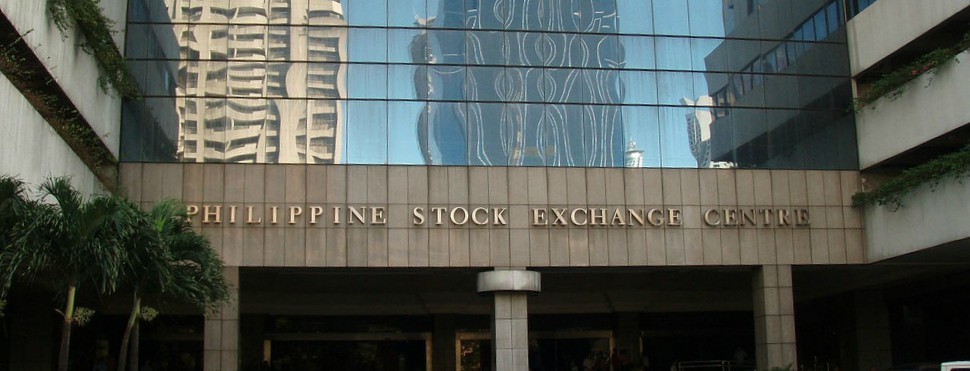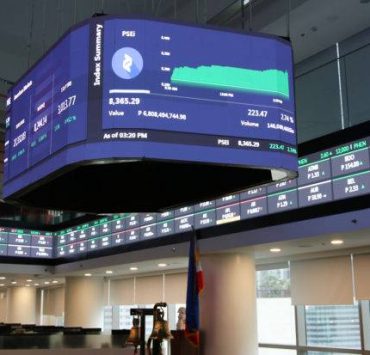Unicapital lowers PSEi forecast to 7,000

Unicapital Securities Inc. has lowered its forecast for the local bourse this year due to expectations that the Bangko Sentral ng Pilipinas (BSP) will cut interest rates by up to 50 basis points (bps) only.
Still, the stock brokerage firm stressed that the market was poised to “pick up steam,” mirroring the country’s economic improvement.
Wendy Estacio-Cruz, Unicapital head of research, told reporters on Wednesday that the benchmark Philippine Stock Exchange Index (PSEi) would likely end this year at 7,000, down from their previous projection of 7,200.
“When we did our assumptions, … we were expecting up to 75 bps of rate cuts this year. But now, we reduced it to 50 bps,” Cruz said during a media briefing.
Still, Unicapital pointed out that macroeconomic improvements would help lift the bourse this year.
Unicapital’s target for the bourse is not far from the PSEi’s closing value of 6,958.01 on Wednesday as investors continued to draw hope from the BSP’s August rate cut.
The target also indicates an increase of 8.53 percent from 6,450.04 at the end of 2023.
The BSP previously hinted at cutting rates by as much as 100 bps this year. However, accelerating inflation caused the central bank to maintain the 6.5-percent interest rate until early August.
In its August 2024 market report, Unicapital said valuations were attractive at only 11 times prospective earnings, implying that Philippine stocks were selling for a low price when compared with the money they could make for investors.
Low valuations are typically attractive for investors, as they can buy cheap stocks and later pocket gains when the price increases.
Unicapital also sees companies growing earnings by 11 percent this year, showing improving profitability among the index firms.
Meanwhile, the Philippine economy is expected to grow by 5.8 percent to 6 percent, or the lower end of the government’s goal of 6 percent to 7 percent.
Although inflationary pressures remained in the first semester, easing interest rates could help spur consumer spending in the latter half, Cruz explained.
She added that inflation, the rate of change in the prices of goods and services that households commonly purchase, was expected to drop further due to the rice tariff being reduced to 15 percent from 35 percent.
Rice, a staple food for Filipino households, accounts for 8.8 percent of the CPI basket that is used to compute inflation.





















